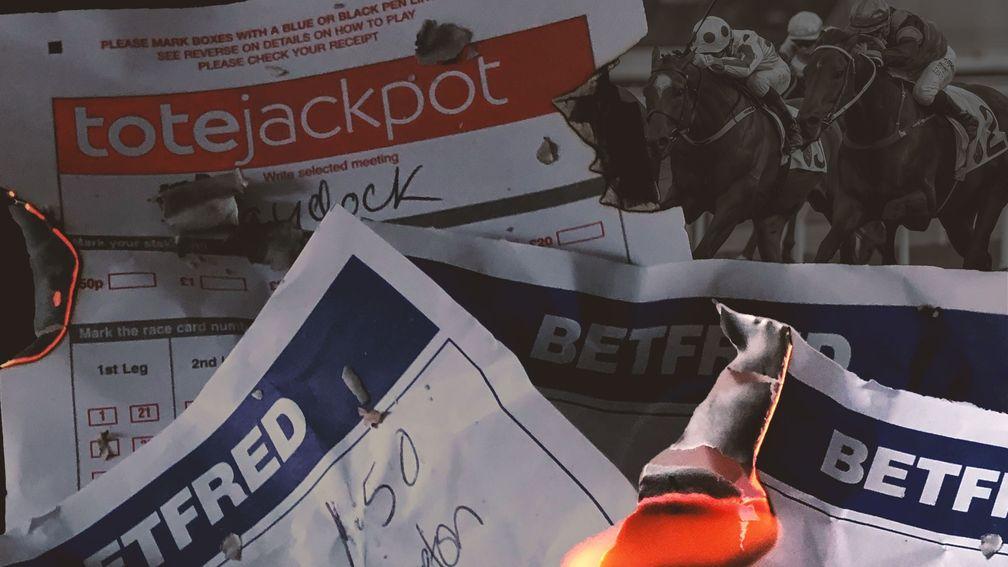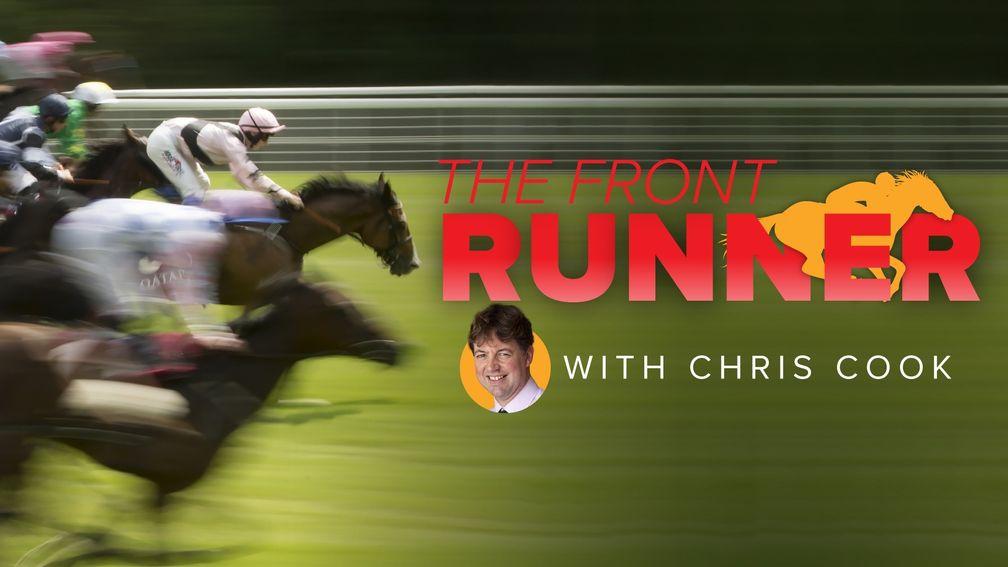Anti-gambling lobbyists are waging a war on betting - here's how to stop them

Almost one in four adults in the United Kingdom will place a bet on the Grand National on Saturday, an annual tradition for a sweeping cross-section of society, all drawn to the drama, intrigue and excitement of the world's greatest race.
For some, that flutter will be the only bet they place from one year to the next. But for many others, including hundreds of thousands of Racing Post readers, betting on racing is a year-round hobby, vocation or form of entertainment.
Today, however, both racing and betting on the sport are at existential risk. As part of a British government review of gambling laws, draconian restrictions on betting could soon be introduced, including so-called affordability checks, under which punters could face having to submit sensitive financial information like payslips and bank statements to bookmakers in order to prove they can afford to bet sums as modest as £25 a week.
These proposals have been advocated for by a well-connected coalition of anti-gambling lobbyists who routinely compare betting to tobacco, thereby betraying their belief that all punters are addicts engaging in something fundamentally unhealthy. They cannot comprehend that millions of people enjoy betting, find it a stimulating and enjoyable form of entertainment, and punt within their means.
There are numerous issues with these campaigners' affordability checks, but two major objections stand out. The first is that the government has no business setting spending limits beyond which citizens must 'prove' our ability to use our own money.
According to one of the most vocal anti-gambling campaigners, former Tory party leader Iain Duncan Smith, the justification for these intrusive checks is that "people should be protected from losing more than they can afford".
Phrased as such, who could argue with that? Yet when you realise the implication is that the government should have oversight of our personal spending decisions, it becomes an altogether more sinister proposal, the sort of thing that should be unthinkable in a free country like Britain.
Equally dubious is why gambling is being singled out here. There are, quite rightly, no checks on how much alcohol we buy, how much online shopping we do or how we invest our money in stocks and shares, although all of these things can lead to people spending more than they can afford. It begs the question: why do anti-gambling MPs judge punters as uniquely incapable of taking personal responsibility for their spending decisions?
The other major concern is the impact affordability checks would have on racing. Surveys have shown the vast majority of punters are understandably unwilling, on grounds of privacy and principle, to hand over sensitive financial documents to bookmakers. As such, the introduction of affordability checks will mean vast numbers either massively scaling back their betting, turning to the black market or reluctantly abandoning the pastime altogether.
The impact of this on racing would be catastrophic. Racing is reliant on betting for much of its funding and if that revenue stream was materially reduced, as it would be, much of the sport would be left financially unviable, threatening thousands of rural jobs and the future of a centuries-old sport.
The government has said it does not intend to harm racing via its gambling review, and it is to be hoped it will also appreciate that imposing spending checks on citizens is an illiberal and grossly invasive proposal. A sensible and proportionate gambling review, which strengthened protections for consumers, children and the vulnerable while still respecting the rights of the individual to make their own decisions about how they spend their money, would be a positive outcome.
Nonetheless, anti-gambling campaigners continue to fight tooth and nail to hijack the gambling review, and the concern remains that well-meaning ministers – fearing the wrath of this prohibitionist lobby – will feel obliged to recommend unworkable, draconian measures, causing potentially irreparable damage to racing in the process.
Thankfully, racing is fighting to have its and punters' voices heard. Racecourse Media Group, the racing-owned parent company of Racing TV, has organised a campaign to help MPs understand the depth of concern among racing fans and bettors. Those who would like to register their views – and to ensure that those who want to bet are allowed to bet – can find out more here.
Read more on this subject:
MP concerned about 'confusing situation' of government's gambling review
Chancellor Rishi Sunak raises racing industry's concerns over gambling review
Racing warned gambling review poses 'clear and present danger' to sport's future

The Front Runner is our latest email newsletter available exclusively to Members' Club Ultimate subscribers. Chris Cook, a four-time Racing Reporter of the Year award winner, provides his take on the day's biggest stories and tips for the upcoming racing every morning from Monday to Friday
Published on inComment
Last updated
- We know that times are tight - but racecourses really do need to step up and improve outdated weighing rooms
- The budget has heaped even more trouble on racing - and I fear many trainers will now decide the numbers just don't add up
- Why I think Cheltenham Festival handicaps need to change - JP McManus writes exclusively for the Racing Post
- No-one has ever emerged from the womb wearing a trilby - racing's future survival hangs on pursuing a young audience
- Four score and ten just a number to Peter Harris as July Cup triumph shows there's more to the elderly than medical conditions
- We know that times are tight - but racecourses really do need to step up and improve outdated weighing rooms
- The budget has heaped even more trouble on racing - and I fear many trainers will now decide the numbers just don't add up
- Why I think Cheltenham Festival handicaps need to change - JP McManus writes exclusively for the Racing Post
- No-one has ever emerged from the womb wearing a trilby - racing's future survival hangs on pursuing a young audience
- Four score and ten just a number to Peter Harris as July Cup triumph shows there's more to the elderly than medical conditions